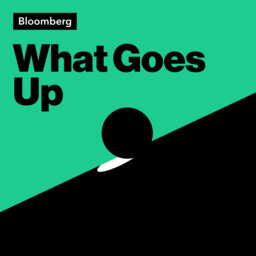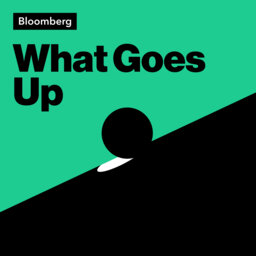Freaking Out Over Rates
Up 1% one day, down an equal amount the next, the stock market’s been serving up a bout of volatility traders haven’t seen all year. There’s plenty to worry about and, by many measures, pessimism among investors is growing.
Lori Calvasina, RBC Capital Markets’ head of U.S. equity strategy and a two-decade Wall Street veteran, talks about the mood of the market, value versus growth, why the debt-ceiling reaction was surprising to her and why small-cap stocks can do well going forward – regardless of their earnings trends.
 What Goes Up
What Goes Up


